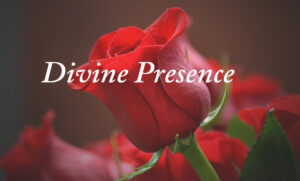Educated people are hardly rational. They are informed by books which they believe to be true. Their reason is based on the assumption that what is written is gospel truth.
But in general it is understandable that past achievements are not enough to convince about civilisational greatness. The greatness of a civilisation lies upon the core premises / assumptions / beliefs / foundational ideas that govern its life. Art, Literature, Science are mirrors. But what is it that they mirror and reflect and try to reproduce. It is these core values that make a civilisation great.
The Indian civilisation built itself on the idea of Dharma, Karma, Satya, Yagya, Adhyatm, Tyaga, Tapasya, Yoga, Brahman, Moksha, Ishwar. Each of these words opens doors to endless possibilities within us, especially of endless evolution and progress of man including realising of our latent potential and higher divine possibilities, including union and identity with God as the highest. Inherent in its fabric is a wide catholic outlook towards self and life and world and God. Peace, harmony, happy coexistence. It has striven for the highest values of love, wisdom, compassion, charity, non-injury, non-possessiveness, respect for not only human life but of animals, plants, rivers, mountains, even most material objects. Indians celebrate the diversity of life yet keep their eyes fixed upon the ONE. The ideal of Unity in diversity is embedded within it and an inward look that searches for the real rather than outer causes. It is not scientific and material advancement that make a people great but the way they think and feel and see their life goals.
I could go on but after stating them all this one could ask them, rationally speaking what other way of life can save the world from its present crisis apart from the ideals of Sanatana Dharma, – Scientific materialism, Islamic brotherhood, Communist expansionism, Christian conversions, Western Imperialism? Where is anything even remotely near to the wideness, catholicity, spirit of unity, oneness, depth, height and profundity as the Sanatana Dharma of which India has been the perennial custodian.
Affectionately,
Alok Da



